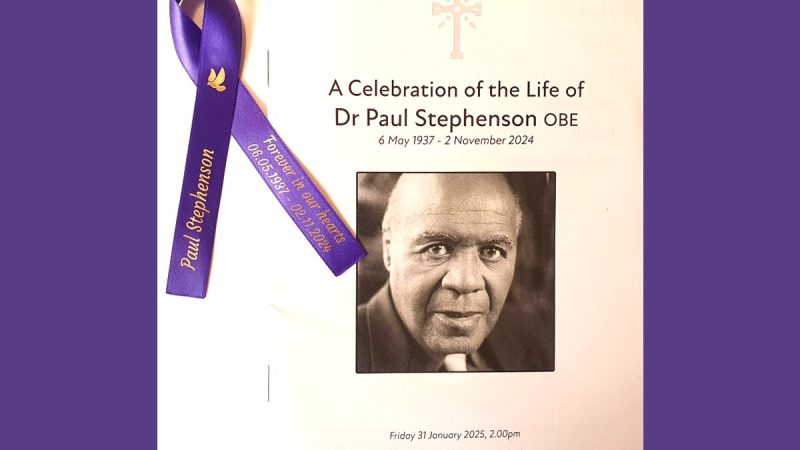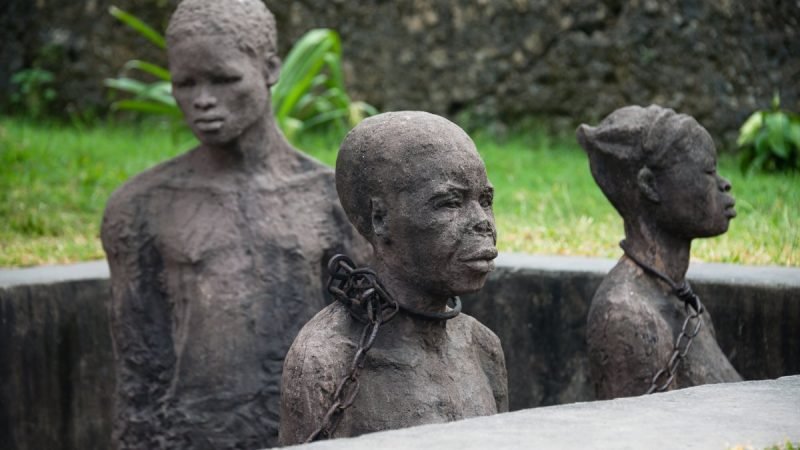Landmark investigation and report on race and the Bar launched

The Bar Council’s Race Working Group has launched a new report addressing inequality at the Bar and proposing a series of recommendations for action. The report documents a range of statistics and personal testimony showing that for those who work at the Bar, their career is not purely based on an objective meritocratic evaluation of their ability.
The Bar Council has an unequivocal commitment to improve outcomes for barristers from under-represented ethnic groups, and to encourage chambers and other bar-based organisations to take appropriate action.
Access to the Bar, career progression, the most prestigious and best paying work, retention, and working environment are all influenced by ethnicity and structural discrimination.
The findings of the research include:
- Individuals from ethnic minority backgrounds who aspire to be barristers find it harder to secure pupillage when compared to their similarly qualified White British peers.
- At all levels, White male barristers earn the highest fee income, women earn less than men, and Black women earn the least.
- A Black woman publicly funded criminal junior barrister with the same level of experience as a White male junior would bill on average £18,700 a year less, and an Asian woman £16,400 less.
- Barristers from ethnic minority backgrounds, and especially Black and Asian women, face systemic obstacles to building and progressing a sustainable and rewarding career at the Bar.
- In England and Wales in total there are 5 Black/Black British female QCs, 17 Black/Black British male QCs, 17 female QCs who are Asian/Asian British and 60 male Asian/Asian British QCs. There are 9 women QCs of mixed/multiple ethnicity and 16 male QCs of mixed/multiple ethnicity.
- In the six main practice areas: Crime, Family – Children, Family – Other, Commercial and Financial Services, Employment and Personal Injury, some have no QC representations from barristers from an ethnic minority background.
- The numbers of Asian judges now stands at 5% of the judiciary. However, still only 1% of judges are Black and 2% are from mixed ethnic backgrounds.
- Barristers from Black, Asian and other ethnic minority backgrounds can feel hyper-visible, bullied, harassed and marginalised at work, especially at court.
- Black and Asian women at the Bar are 4 times more likely to experience bullying and harassment at work than White men.
- Nearly six in ten (58%) Black and Asian women barristers have personally experienced bullying and harassment at work or online.
- Barristers from ethnic minority backgrounds are more likely to be referred to the regulator for disciplinary action.
In a joint statement, Barbara Mills QC and Simon Regis, Co-Chairs of the Bar Council Race Working Group, said:
“Data in the report categorically and definitively evidences, in quantitative and qualitative terms, that barristers from all ethnic minority backgrounds, and especially Black and Asian women, face systemic obstacles to building and progressing a sustainable and rewarding career at the Bar.
“We have endeavoured to make recommendations as targeted as possible towards groups where the greatest disadvantage can be evidenced.
“Quite rightly, practising barristers within the profession have expressed frustration over the amount of talk about race inequality at the Bar, and the lack of action and failure to bring about change.”
Chair of the Bar, Derek Sweeting QC, said:
“We should reflect honestly on whether long held, and perhaps defensive, assumptions about the Bar can survive the evidence and data which the report draws together. The Bar is, for most of its members, a modern profession in which hard work and talent offer individuals the opportunity to thrive and contribute to our justice system. That opportunity needs to be open to all.
“Experiences may differ in different parts of the Bar, but the overall conclusion is clear; there is a moral and practical imperative for the profession to urgently promote diversity and to be more reflective of the society it serves.
“Over the last year, I have been encouraged by the huge amount of work and collaboration currently underway across Specialist Bar Associations, Inns, Circuits and a range of networks. Some of the recommendation made in this report are already in place in one form or another. There has been real progress, not just in identifying problems but in setting out plans to tackle them.
“We must now work together to make the Bar more inclusive and accessible for every aspiring and practicing barrister irrespective of their background.”
The Bar Council believes it is a responsibility of the entire profession to actively address this unfair treatment and structural inequality. It is the responsibility of a wide range of bar-based (and other) stakeholders to take targeted and sustained action following on from the publication of this report.
Organisations such as Circuits, Specialist Bar Associations, the Inns of Court, individual chambers and Networks all have a vital role in creating and sustaining positive change.
Click here to read the full report.
About The Bar Council
The Bar Council in England and Wales is the representative body for barristers and has an ongoing responsibility to document, recognise and respond to the lived experiences of members of the profession and those aspiring to join it.
The Bar Council’s Race Working Group is made up of representatives from the Inns of Court, Specialist Bar Associations, Circuits, and Black and Ethnic Minority-led Bar Networks.




